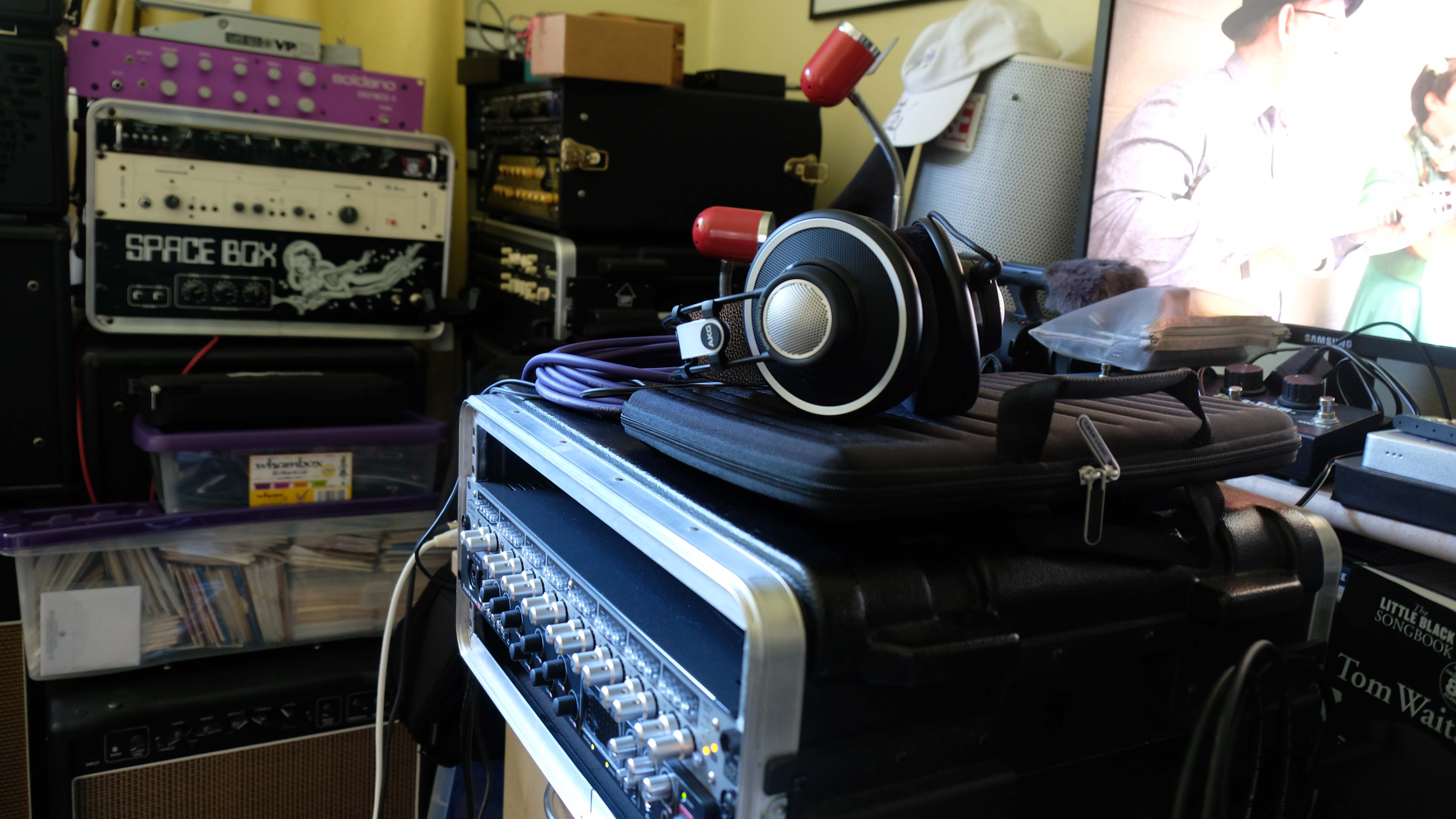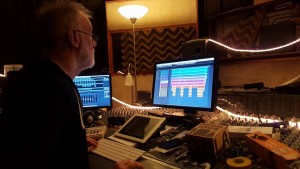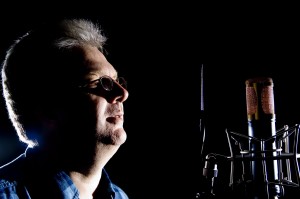Anyone who works in audio or video production is familiar with the dreaded phrase
“Can you just?”
 This specific question usually reveals a lack of awareness of the amount of time and energy is going to be required to complete the task at hand. It’s not that the questioner means any disrespect but rather they just don’t have the awareness to appreciate what work is involved in the recording process. Often, they are optimistic (some engineers may say delusional) about how to create a really good end product and are especially unrealistic about the amount of time and money involved in doing so. I have learned that many (not all) musicians don’t appreciate the importance of investing time and money in a sensible manner. Yes, I get sometimes people have budgets, BUT as the old saying goes “You never get a second chance to make a first impression” The internet is littered with artist performances that were rushed with little or no attention to good audio or video capture.
This specific question usually reveals a lack of awareness of the amount of time and energy is going to be required to complete the task at hand. It’s not that the questioner means any disrespect but rather they just don’t have the awareness to appreciate what work is involved in the recording process. Often, they are optimistic (some engineers may say delusional) about how to create a really good end product and are especially unrealistic about the amount of time and money involved in doing so. I have learned that many (not all) musicians don’t appreciate the importance of investing time and money in a sensible manner. Yes, I get sometimes people have budgets, BUT as the old saying goes “You never get a second chance to make a first impression” The internet is littered with artist performances that were rushed with little or no attention to good audio or video capture.
 Years ago, as a favour I agreed to audio record some performers in my home studio. I don’t class myself as a professional sound engineer, but I have mastered and mixed a number of spoken word products that went on to sell in the thousands on an international basis. The challenge I had in almost all instances was to get the artist to appreciate the importance of preparation ahead of any recording and crucially the amount of work involved in taking the initial live performance into a final mastered product.
Years ago, as a favour I agreed to audio record some performers in my home studio. I don’t class myself as a professional sound engineer, but I have mastered and mixed a number of spoken word products that went on to sell in the thousands on an international basis. The challenge I had in almost all instances was to get the artist to appreciate the importance of preparation ahead of any recording and crucially the amount of work involved in taking the initial live performance into a final mastered product.
In recent years the technology that is now available is extraordinary and far beyond what I had access to back in 2001. Companies like Audient and UAD have produced products that are literally game changers when it comes to audio recording. Similarly, on the video front companies like Go Pro have also afforded artists with quite extraordinary new possibilities. I’m currently working with a Sony HDR MV1 which is proving to be excellent. Like most great technology, it does one thing really well.
 That said, it doesn’t matter how much great technology you own, the human element is the ultimate factor that determines the end result. When The Small Change Diaries recorded the debut album “Adam blames Eve” a local musician suggested I buy a few mics and record at home. “It will save you a bunch of money” he spouted. He spectacularly failed to appreciate that the point of recording in a studio is not just to have the right acoustic environment, but also to ulitise the decade’s experience of the sound engineer, which is the difference that makes the difference. When he mastered and mixed the album I sat in to see the process. “Nobody else does this” he said. “They have no idea of the work involved to produce a great good end result” Often artists think that once they have laid down a track, the work is done. Yes, their part in the process may be completed, BUT that’s only 33% of the whole process of course.
That said, it doesn’t matter how much great technology you own, the human element is the ultimate factor that determines the end result. When The Small Change Diaries recorded the debut album “Adam blames Eve” a local musician suggested I buy a few mics and record at home. “It will save you a bunch of money” he spouted. He spectacularly failed to appreciate that the point of recording in a studio is not just to have the right acoustic environment, but also to ulitise the decade’s experience of the sound engineer, which is the difference that makes the difference. When he mastered and mixed the album I sat in to see the process. “Nobody else does this” he said. “They have no idea of the work involved to produce a great good end result” Often artists think that once they have laid down a track, the work is done. Yes, their part in the process may be completed, BUT that’s only 33% of the whole process of course.
